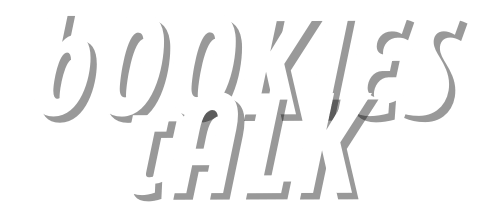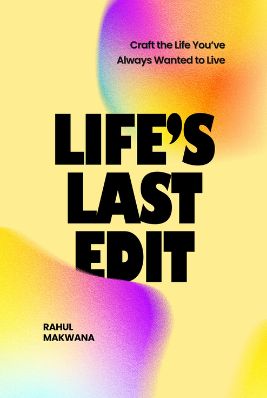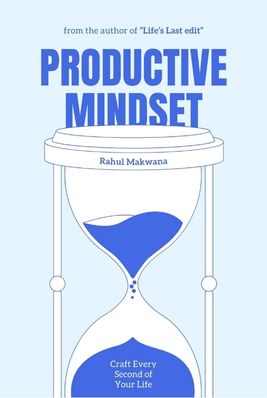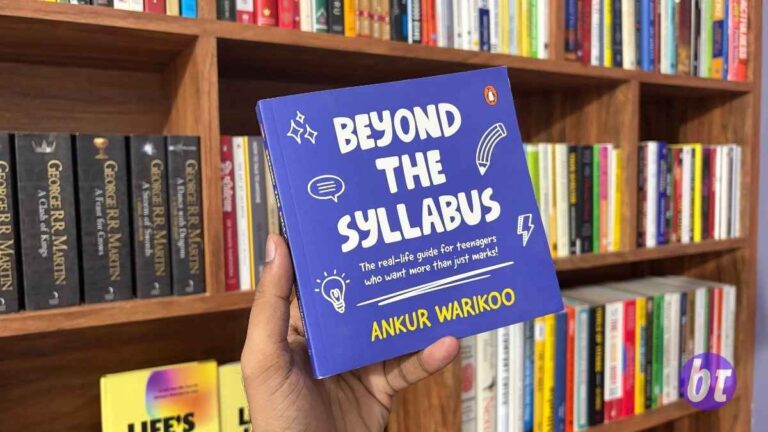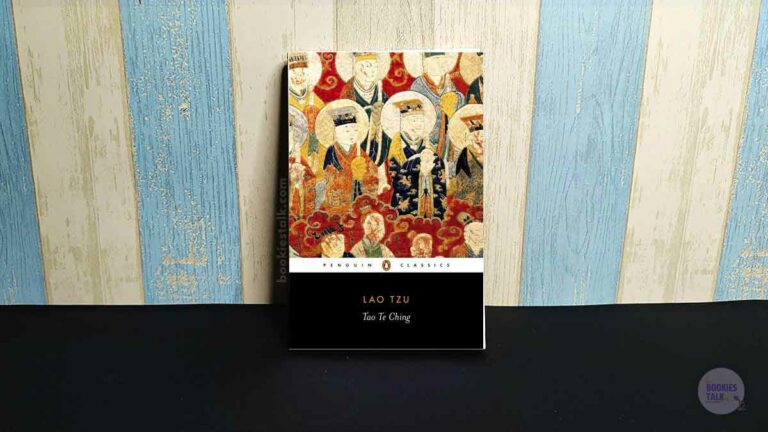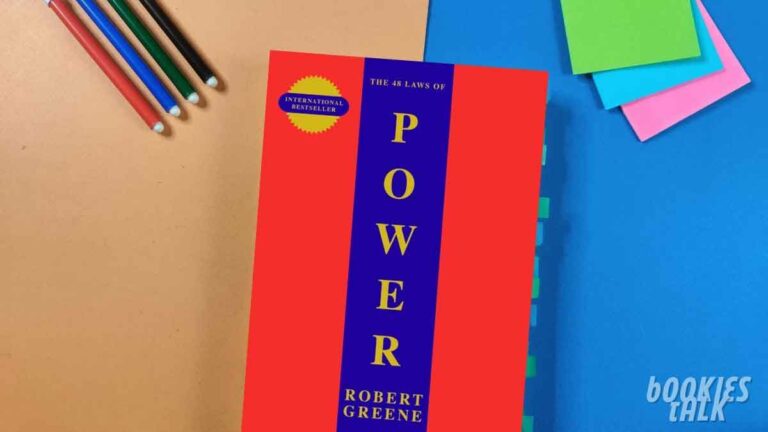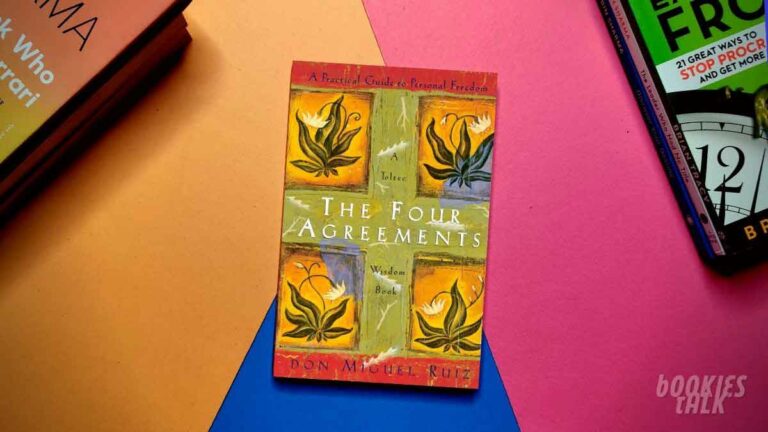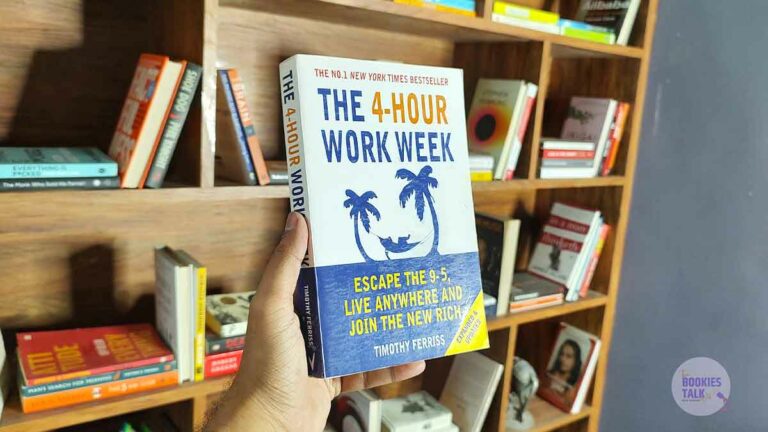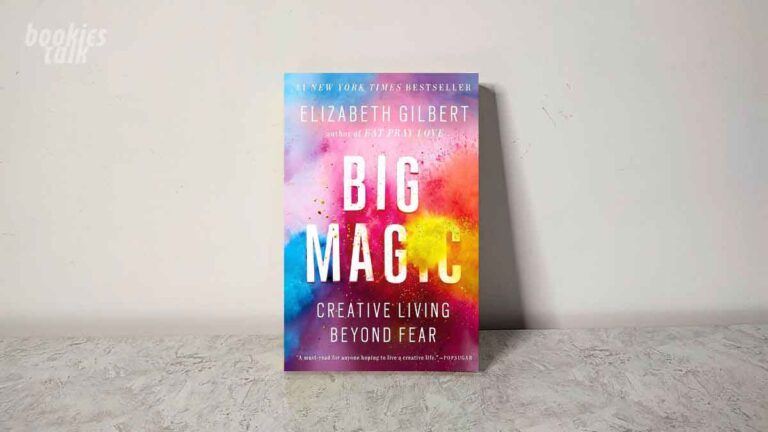The Art of Thinking Clearly by Rolf Dobelli
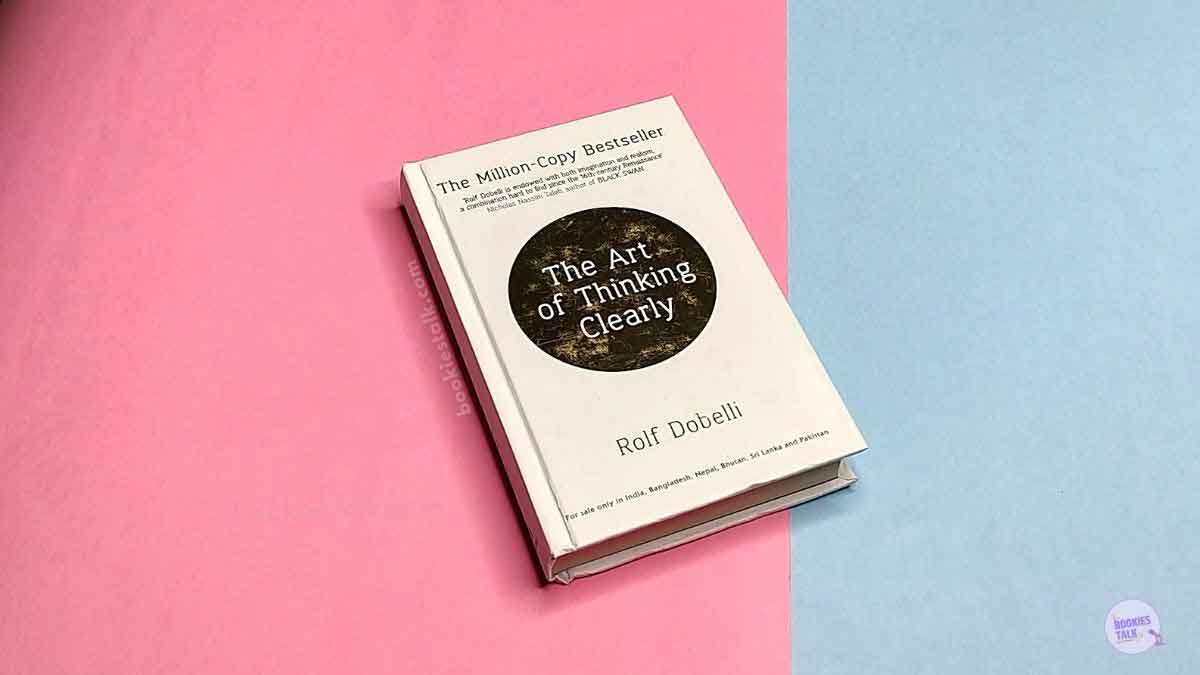
The Art of Thinking Clearly talks about how people think they know everything and live in that mindset. They don’t want to accept reality, no matter what happens. The book focuses on humans’ thought processes.
It has 100 chapters, and each chapter is only 2 or 3 pages long. This is the kind of book where you don’t have to start at the beginning—you can start reading from anywhere.
That’s why it’s the perfect book for beginner readers, as they don’t need to read it from start to end.
Enter your email address To join the newsletter. I will be with you every Sunday at 9:00 AM (IST). See you on Sundays.
Book in Five Sentences
- We often think we have control over things we don’t, which can lead to unnecessary stress. It’s better to focus on what you can actually influence.
- We like to believe things that already match our opinions and ignore anything that challenges them. Being open to other views helps you grow.
- We tend to follow the crowd, even when it doesn’t make sense. It’s important to stop and think for yourself instead of blindly copying others.
- We fear losing something more than we value gaining the same thing. This fear can hold us back from taking chances that could lead to better outcomes.
- After something happens, we tell ourselves we “knew it all along.” Recognizing this habit can keep you from becoming overconfident or ignoring lessons from the past.
The Art of Thinking Clearly Summary
The Art of Thinking Clearly is one of those books that will shake you from the inside and give you a clear idea of how you think every day and how you can control your thought process.
As we all know, the human mind is always looking for shortcuts, and this is where the book helps you understand yourself better and teaches you how to make better decisions. Sometimes, we make life decisions just to make someone happy, and later, we regret them.
Now, let’s dive into the book and explore some of the key lessons that will make a huge impact on your life.
Control Over Everything
A friend with a broken leg was stuck in bed and asked me to pick up a lottery ticket for him. I went to the store, selected a few numbers, wrote his name on the ticket, and paid for it.
When I handed him the copy, he frowned. “Why did you fill it out? I wanted to do that. I’ll never win with your numbers!”
I asked, “Do you really think it changes the outcome of the draw if you pick the numbers?” He stared at me, unsure how to respond.
This isn’t a real-life story, but think about it for a second—how often do people think like this?
Some even believe certain Gurus are lucky and ask them to pick dates for events, convinced that the Guru will consult God and provide the perfect day for something like a wedding.
Here’s the truth: every day is a perfect day to start something. Don’t get stuck in the mindset that you need the “right” day to begin.
Now, let’s look at another example:
The illusion of control is the belief that we can influence things that are completely out of our hands. This was first studied in 1965 by researchers Jenkins and Ward.
Their experiment was straightforward—it involved two switches and a light. The researchers controlled when the switches connected to the light and when they didn’t.
Even when the light flashed randomly, participants were convinced they could control it by flicking the switches.
And you? Do you think you have everything under control? Chances are, you have less control than you imagine. Life isn’t something you can command like a Roman emperor. More often than not, you’re like the man with the broken leg.
So, focus on the few things that truly matter and that you can genuinely influence. Let go of the rest.
Say Something Foolish
A simple experiment conducted in the 1950s by renowned psychologist Solomon Asch demonstrates how peer pressure can distort common sense.
A subject is shown a line drawn on paper alongside three other lines labeled 1, 2, and 3—one shorter, one longer, and one exactly the same length as the original. The task is straightforward: identify which of the three lines matches the original.
When the subject is alone, they give the correct answers, as expected, since the task is quite simple.
But then, five other people enter the room. Unknown to the subject, they are actors. One by one, they give the wrong answer, confidently saying “number 1,” even though it’s obvious that “number 3” is correct.
When it’s the subject’s turn again, one-third of them give the same incorrect answer as the group, simply to conform.
This tendency to follow the crowd, known as social proof, is deeply ingrained in us, even though it rarely provides a survival advantage anymore.
Of course, there are situations where social proof can be useful. For instance, if you’re in a foreign city and don’t know where to eat, choosing a restaurant filled with locals can be a good idea. Here, copying the locals’ behavior makes sense.
But be cautious when companies use social proof to claim their product is better simply because it’s “the most popular.” Popularity doesn’t necessarily mean quality—how can something be better just because more people buy it?
Too Many Options
Have you ever noticed how sales work? This is where marketing teams play clever tricks on our minds.
Imagine you walk into a shopping mall and come across two apple counters. One simply says, “1 KG of Apples for Rs 150.” The other counter, however, grabs your attention with a sign that reads, “1 KG of Apples for Rs 200, but today only, it’s just Rs 150!”
Now think about it—both counters are selling apples at the same price, but chances are, many people would feel drawn to the second counter.
Why? Because it creates an illusion of saving money, even though there’s no real discount at all. It’s the same product at the same price, yet the second counter makes it seem like you’re getting a better deal.
This is a classic example of how companies play with our minds, using marketing tactics to influence our decisions. We feel like we’re making a smart choice, but in reality, we’re being guided by their strategy.
So, the next time you see these kinds of offers, pause for a moment. Don’t rush to buy something just because it’s marketed as a “special deal.” Instead, focus on what truly matters—check the quality of the product first before deciding if the price is really worth it.
Sweet Little Lies
Suppose you apply for a job but don’t get it. Instead of admitting the other person was a better fit, you tell yourself, “I didn’t really want that job anyway.”
I did something similar when I chose between two stocks to invest in. The stock I picked dropped in value soon after, while the one I didn’t choose shot up.
I couldn’t admit I’d made a mistake. Instead, I told a friend that my stock was just having early problems and would do better in the future.
When things like this happen, the best thing you can do is accept reality. Learn from it, stay in the present, and avoid making the same mistake again.
No excuse or reasoning will bring back that job or the money you lost in the stock market.
The Art of Thinking Clearly Review
Should you read The Art of Thinking Clearly? Yes, definitely! It will give you a clear idea of how you think. The book is packed with wisdom that will make you a better person than you are now. Even if you think you know everything, the truth is, there’s still a lot to learn.
If you’ve already read the book, let me know what you’ve learned from it. And if you haven’t, give it a try—you’ll gain a lot from it.
BUY The Art of Thinking Clearly:
The Art of Thinking Clearly Quotes
“If 50 million people say something foolish, it is still foolish.”
“There are two kinds of forecasters: those who don’t know, and those who don’t know they don’t know,”
“The human brain seeks patterns and rules. In fact, it takes it one step further: If it finds no familiar patterns, it simply invents some.”
“Stories attract us; abstract details repel us. Consequently, entertaining side issues and backstories are prioritized over relevant facts.”
“Excel spreadsheets might as well be one of the most dangerous recent inventions.”
“Verbal expression is the mirror of the mind. Clear thoughts become clear statements, whereas ambiguous ideas transform into vacant ramblings.”
“Become your own toughest critic.”
“Do your best to get by with the bare facts. It will help you make better decisions. Superfluous knowledge is worthless, whether you know it or not.”
“In conclusion: Whenever you are about to make a decision, think about which authority figures might be exerting an influence on your reasoning. And when you encounter one in the flesh, do your best to challenge him or her.”
Love What You Read, You Might Like These too…
By the way, we also have a WhatsApp Channel! If you love reading, this is the perfect place for you to join—and the best part? It’s completely FREE!
